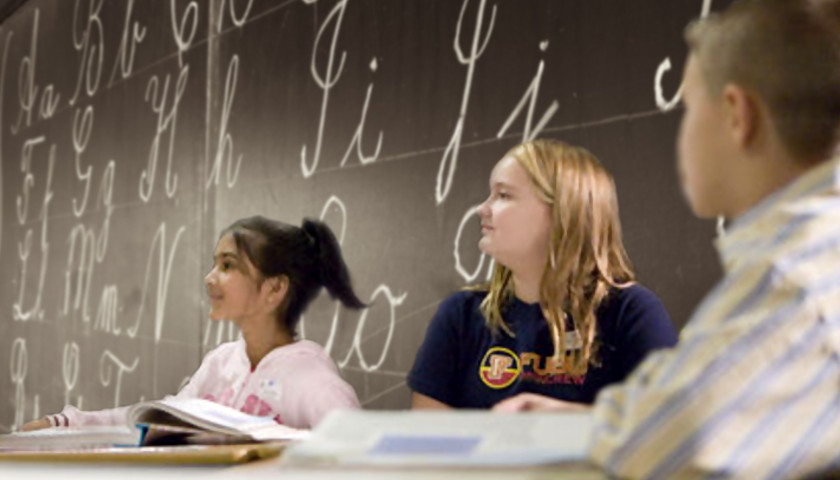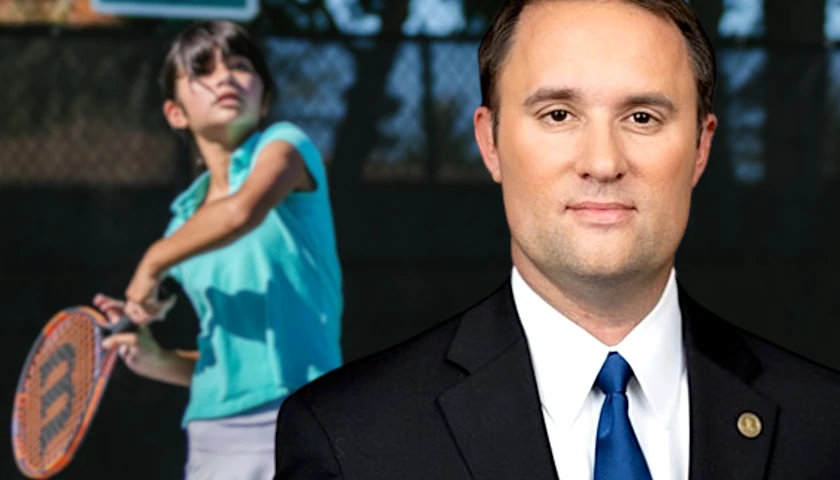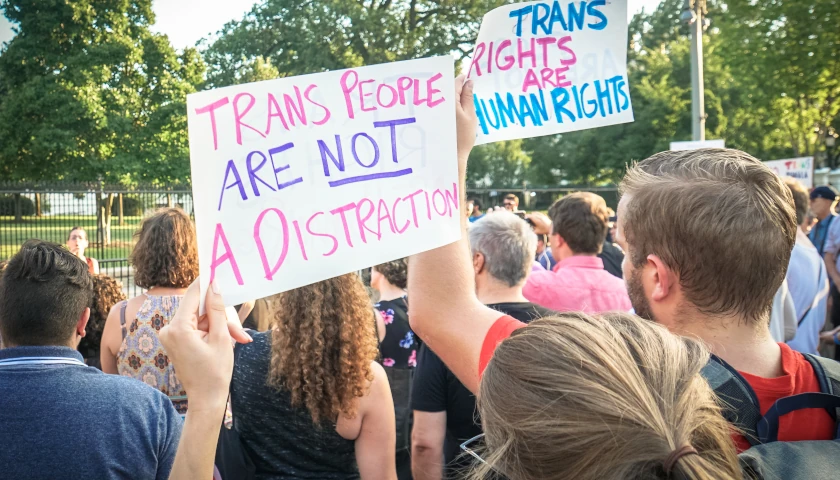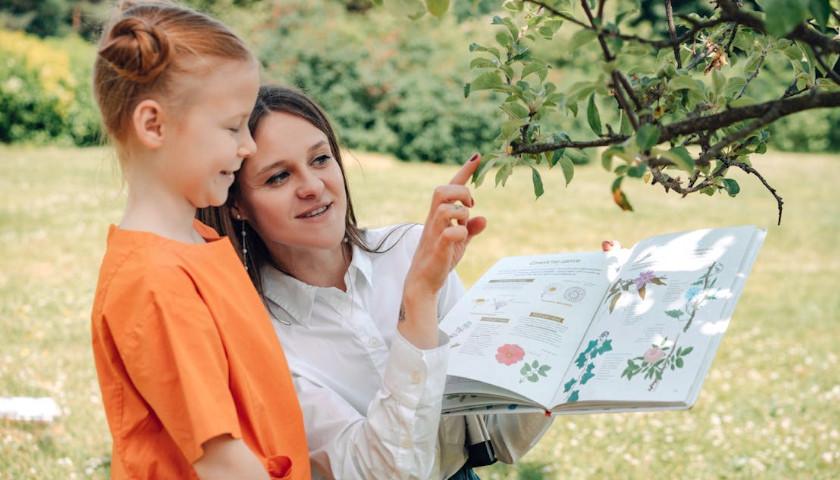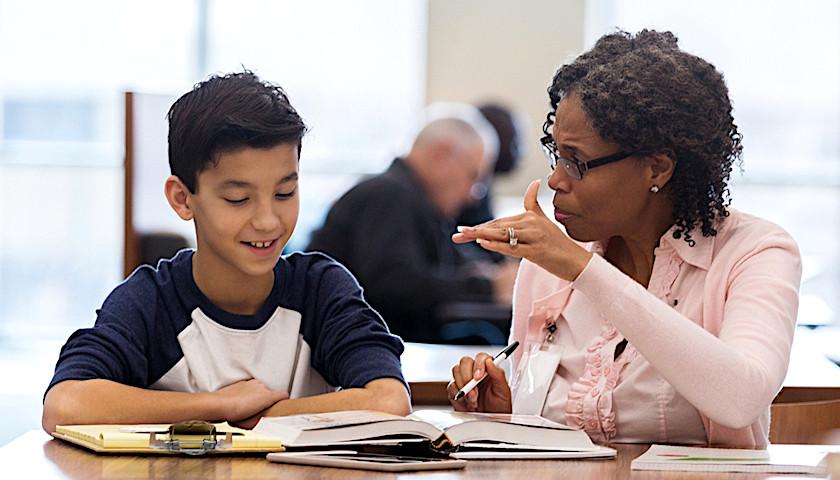The Virginia Department of Education (VDOE) released a new “equity audit tool” last week. The tool is part of VDOE’s “Navigating EdEquityVA,” which focuses on providing tools and resources to dismantle inequities in education.
Included within the checklist are evaluations of “anti-racism,” various biases such as gender and ethnic bias, support of racial justice groups like Black Lives Matter (BLM) and Black Power, proportional disciplinary action across races, and equal representation throughout groups and classes.
The tool is designed as a self-assessment for school leaders that represent the “diversity of the school community.” This may include administrators, teachers, support personnel, families, and even students.
In measuring the success of equity, this tool shifts the burden onto individual schools to reach equity.
The heightened emphasis on undertaking these equity audits comes at a time when Governor Ralph Northam hasn’t ordered for all schools to open up. Instead, the governor has opted to allow districts to decide for themselves how and when they reopen.
In an interview with The Virginia Star, House of Delegates Republican candidate Michael Allers shared that the issue with the tool isn’t its objectives – rather, the tool currently lacks potential to make any change due to distance learning.
“My perspective, as an educator: equity in the classroom is important. Inner city Petersburg? Those communities get left behind. I was in a building that hadn’t been updated since the sixties, and they had mold. So, Ralph Northam fails his own assessment. There’s nothing more inequitable than online learning. Some parents can’t afford to stay home like others in Loudoun and Fairfax. With this equity audit tool, he’s setting schools up to fail. And, he’s not going to be held accountable for these measures – the schools are.”
Students have become vocal about the difficulties caused by these distance learning. “Reduce the Workload for LOCO Students” trended in Northern Virginia after students reported multiple issues with virtual learning, including increased workloads and lack of adequate resources.
Allers argued that part of the issue is expecting higher quality from teachers who are paid so little. Last year, the average public school teacher made around $52,000.
“We aren’t always able to hire the best teachers. Why? Well, we’re paying them around forty grand. So you’re going to get underpaid or under-qualified people to do these jobs. Yes, I do think it’s a reality that racism can happen. But these teachers – most of them are just burnt out.”
The disadvantages lower-income students face with virtual learning isn’t a new issue aggravated by the pandemic. Last summer, the VDOE hosted workshops centered around solving this issue.
Allers speculated that many of these equity initiatives came out of Democratic racial slip-ups, such as Northam’s controversial blackface scandal and an incident with a gym teacher in Loudoun County having his students play a “runaway slave game” last year.
On Thursday, Northam sent out a press release informing families how they can increase their involvement in virtual learning, establishing November 2020 as “Family Engagement in Education Month.”
– – –
Corinne Murdock is a reporter at The Virginia Star and the Star News Network. Follow her latest on Twitter, or email tips to [email protected].

